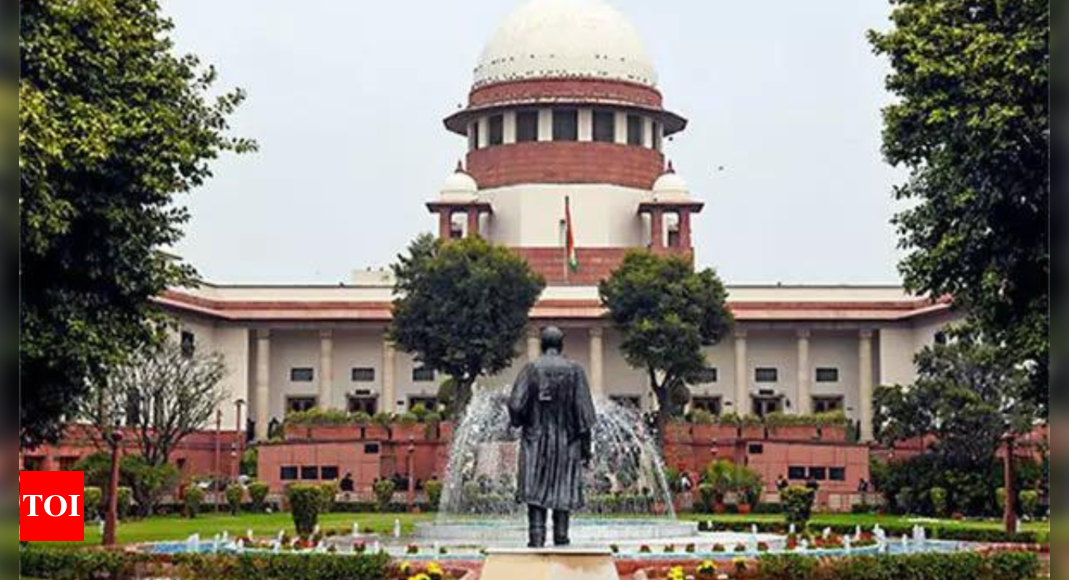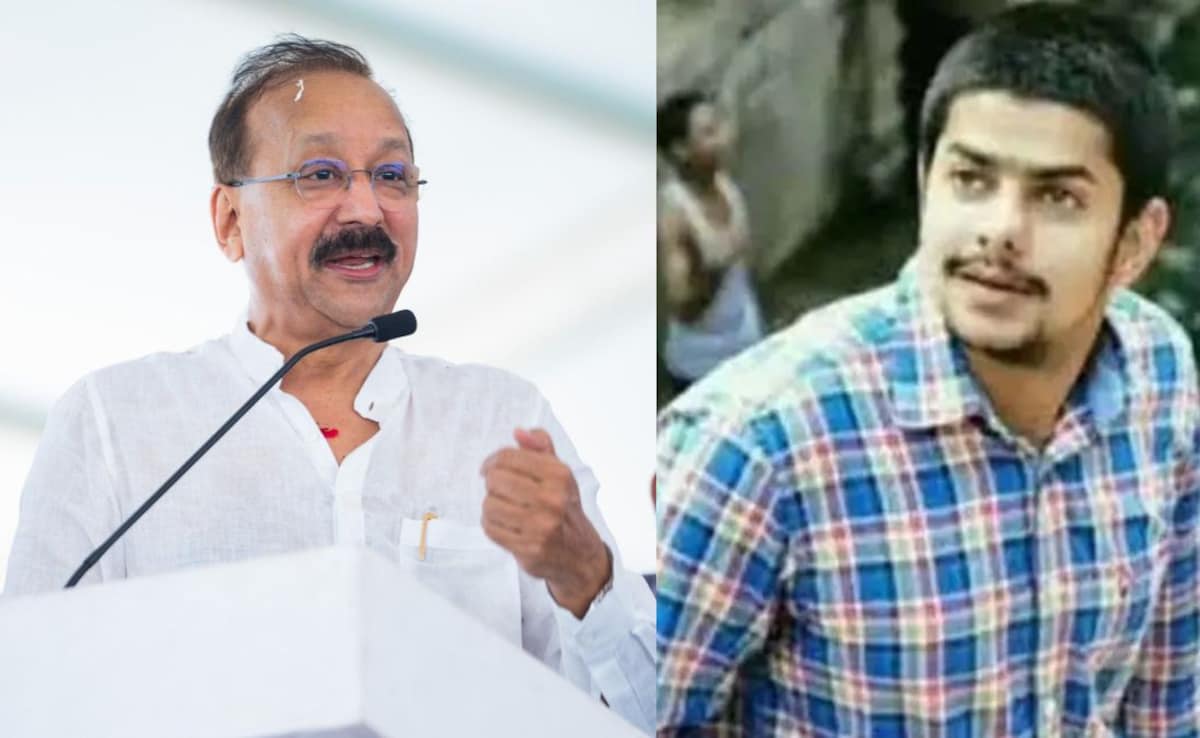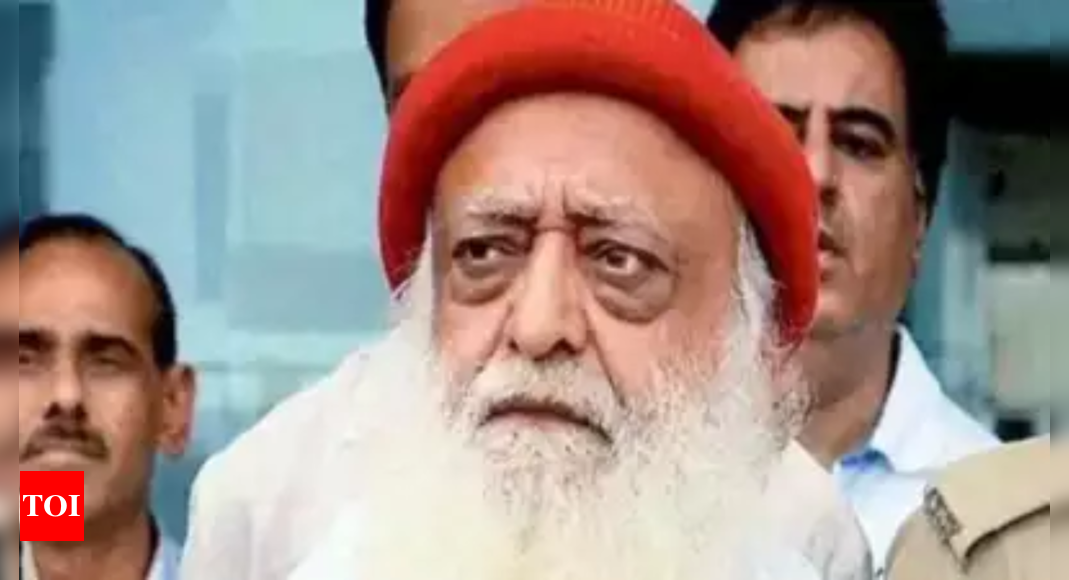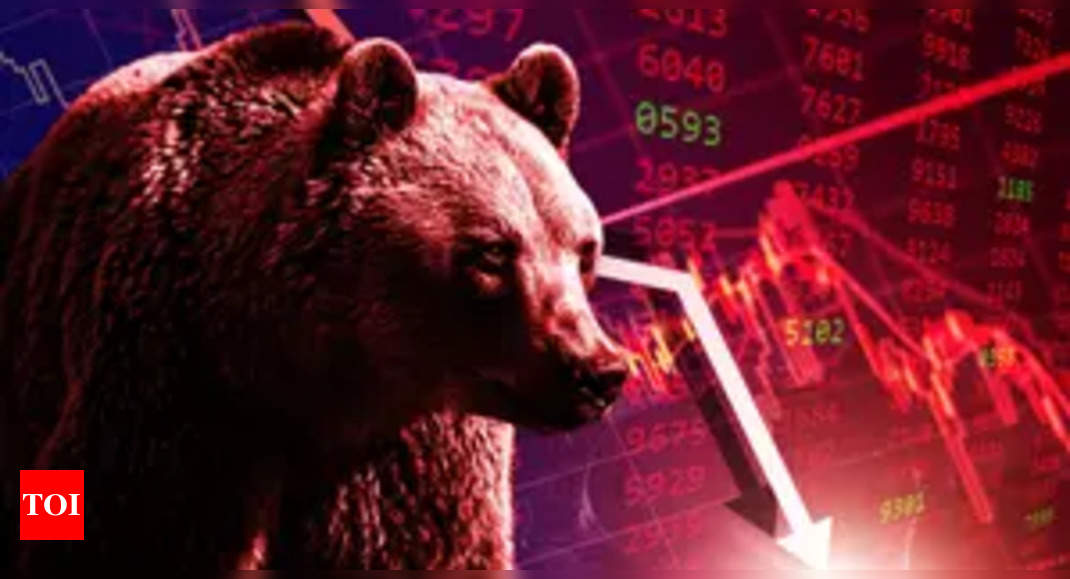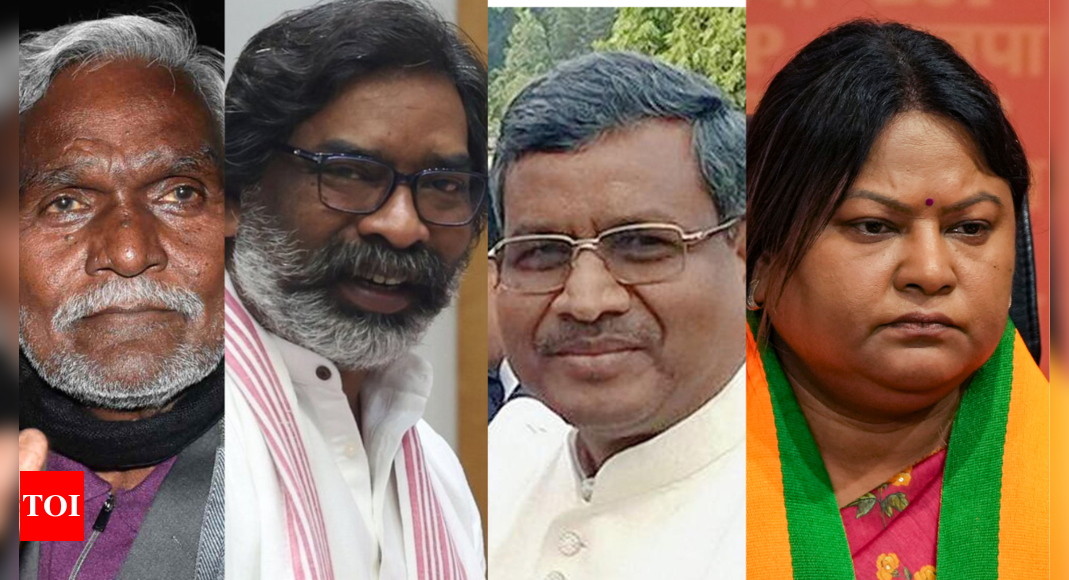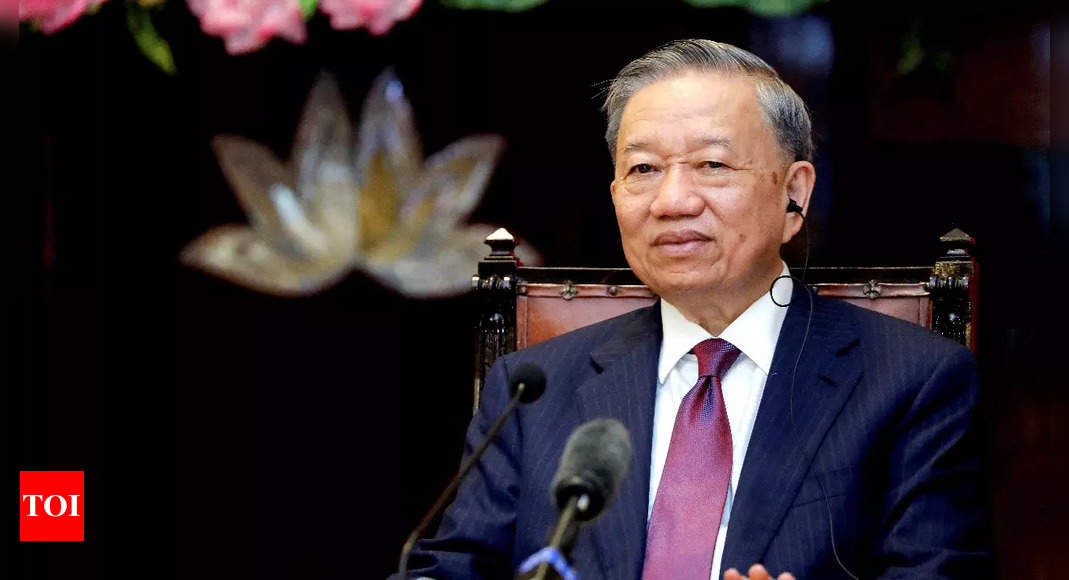
Vietnamese President To Lam has assumed the role of General Secretary of the Communist Party of Vietnam, the country’s top leadership position, amid an ongoing anti-corruption drive. He was promoted on Saturday, following the death of his predecessor, Nguyen Phu Trong, who passed away two weeks ago.
In his first address as general secretary, Lam pledged to “speed up” the anti-corruption campaign that has affected thousands, including high-ranking officials and senior business leaders.“(I will) continue to speed up anti-corruption … regardless of who the person is,” Lam stated at a press conference. His commitment to the crackdown is expected to bolster his authority and could further unsettle Vietnam’s political elite, as per Associated Press.
Born in 1957, 66-year-old Lam previously led the ministry of public security, a role central to monitoring dissent and controlling political activism in Vietnam. His long tenure in the ministry and his recent appointment as president, a largely ceremonial role, have positioned him as a reputed figure in the country’s leadership. The exact nature of his dual role as both general secretary and president remains unclear.
Analysts suggest that Lam’s ascension to power represents a “total victory” and foresee a period of “continuity, and not rupture” in Vietnam’s policies. “He is an extremely strong statesman, supported by a ministry at the heart of the Vietnamese political project,” said Benoit de Treglode, research director at the institute for strategic research at France’s military academy, according to AFP.
Lam’s promotion comes with a relentless anti-corruption campaign—dubbed the “blazing furnace”—continuing to impact the country’s stability. While this crackdown has been popular with the public, it has also disrupted everyday transactions and heightened fears among those caught in its crosshairs. The campaign has even impacted Vietnam’s global reputation, sparking debates regarding the future stability of its successful export-driven economy.
As Lam takes the reins in Vietnam, he faces the challenges amidst ongoing scrutiny from both domestic and international observers. His previous repressive stance towards dissidents and the potential for further consolidation of power suggest that Vietnam’s political future will be closely watched in the months ahead.
In his first address as general secretary, Lam pledged to “speed up” the anti-corruption campaign that has affected thousands, including high-ranking officials and senior business leaders.“(I will) continue to speed up anti-corruption … regardless of who the person is,” Lam stated at a press conference. His commitment to the crackdown is expected to bolster his authority and could further unsettle Vietnam’s political elite, as per Associated Press.
Born in 1957, 66-year-old Lam previously led the ministry of public security, a role central to monitoring dissent and controlling political activism in Vietnam. His long tenure in the ministry and his recent appointment as president, a largely ceremonial role, have positioned him as a reputed figure in the country’s leadership. The exact nature of his dual role as both general secretary and president remains unclear.
Analysts suggest that Lam’s ascension to power represents a “total victory” and foresee a period of “continuity, and not rupture” in Vietnam’s policies. “He is an extremely strong statesman, supported by a ministry at the heart of the Vietnamese political project,” said Benoit de Treglode, research director at the institute for strategic research at France’s military academy, according to AFP.
Lam’s promotion comes with a relentless anti-corruption campaign—dubbed the “blazing furnace”—continuing to impact the country’s stability. While this crackdown has been popular with the public, it has also disrupted everyday transactions and heightened fears among those caught in its crosshairs. The campaign has even impacted Vietnam’s global reputation, sparking debates regarding the future stability of its successful export-driven economy.
As Lam takes the reins in Vietnam, he faces the challenges amidst ongoing scrutiny from both domestic and international observers. His previous repressive stance towards dissidents and the potential for further consolidation of power suggest that Vietnam’s political future will be closely watched in the months ahead.




